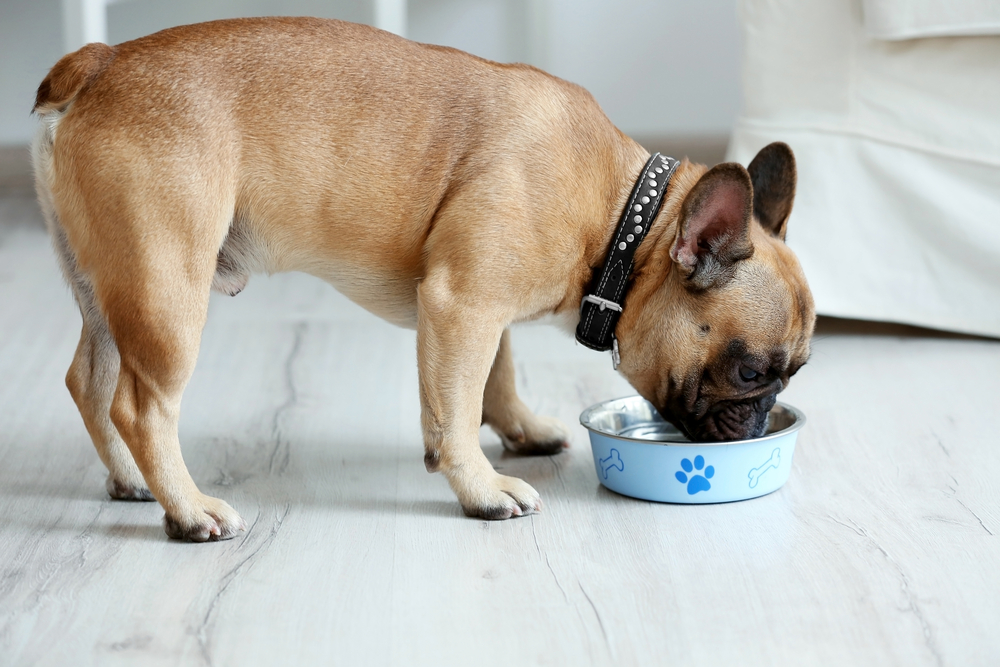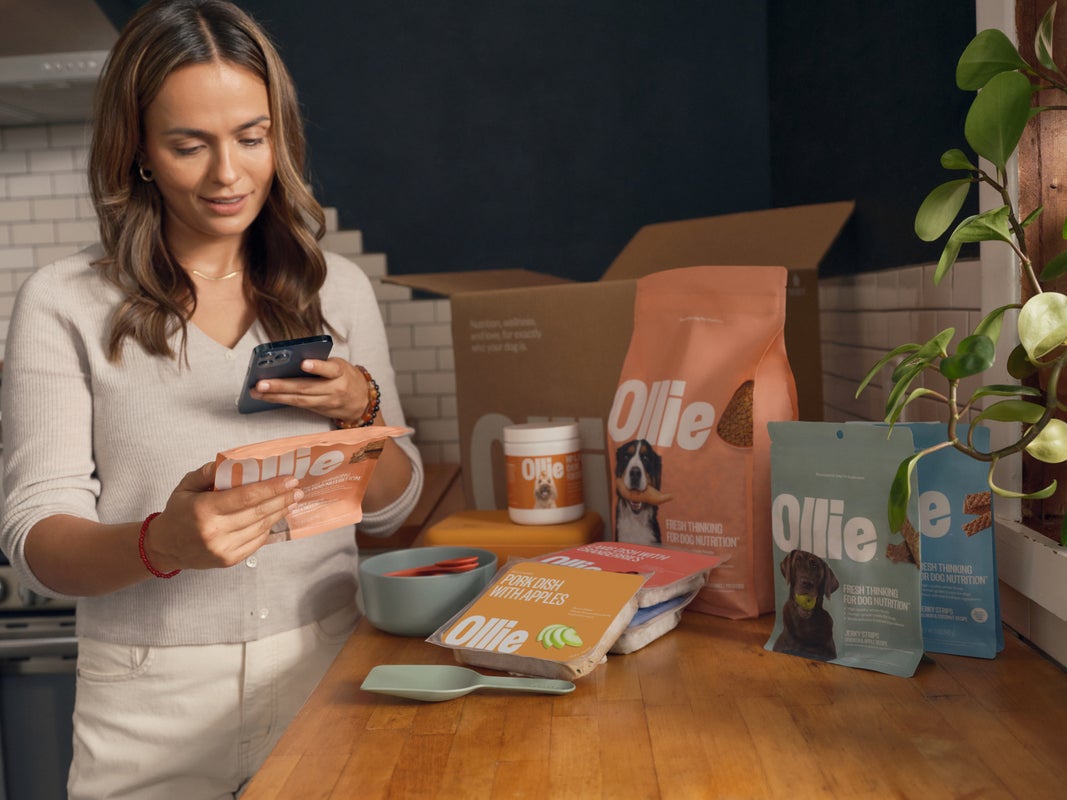Hey Ollie blog readers! We’re offering you an exclusive 60% OFF your starter box! Try now!
You know that by-products are bad news and steer clear of fillers—but there’s another, lesser known ingredient that’s been sneaking into certain dog food that you need to beware of. It’s called Carrageenan, and it’s extracted from red seaweed. Sounds like it could be healthy, right? But it’s become controversial lately because some studies have shown some not-so-healthy side effects. We asked Amanda Schnitker, DVM, a Chicago-based veterinarian, all our questions about this hotly debated ingredient.
Where is carrageenan found?
It’s typically found in canned or wet dog food, where it’s used as a thickener because of its gelatinous properties. It’s also found in human food such as yogurt and deli meat. Food-grade or “undegraded” Carrageenan has been determined safe by the FDA and AAFCO: “It is a safe food additive and has many applications,” says Schnitker. However the “degraded” ingredient, also called poligeenan (which is not permitted in food), has been shown to be potentially harmful, Schnitker says.
What are some concerns about carrageenan?
There’s conflicting findings: One study published in Environmental Health Perspectives found a link between carrageenan and carcinogenic risk in humans and animals. The study also found that exposure is associated with the occurrence of intestinal ulcerations and neoplasms (i.e., ulcers and abnormal growths). Joanne Tobacman, associate director of clinical medicine at the University of Illinois and the author of the study, says there’s been research for more than 50 years showing that carrageenan can cause inflammation. But another study examining carrageenan and humans published in the journal Critical Reviews in Toxicology found that carrageenan isn’t significantly metabolized in the body, so it doesn’t have any negative effects besides possible soft stool and diarrhea.
How could it impact your dog’s health?
“The degraded carrageenan has a lower molecular weight and is used to induce inflammatory conditions in experimental studies,” says Schnitker, explaining that this can lead to ulcers, and potentially cancer in the gastrointestinal tract. It can also affect immune response against foreign substances or infection, and your dog could experience painful swelling due to the increased blood flow. If this becomes a chronic issue, your pup could become predisposed to even more serious diseases including cancer.
How can you avoid carrageenan in dog food?
The bad news is that a 2005 study found no sample of food-grade carrageenan could claim to be entirely free of the cancer-causing material. Even some organic and grain-free brands contain carrageenan. To avoid it entirely, you can cook your own dog food or look for a company that makes a fresh dog food, Schnitker says. Fresh meat and vegetables don’t contain carrageenan, but make sure you always read the label, because carrageenan may be added to fresh foods to change the texture.
The Ollie blog is devoted to helping pet parents lead healthier lives with their pups. If you want to learn more about our fresh, human-grade food, check out MyOllie.com.
Tagged As:

The nutrition your dog needs,
the food they want.

Enjoying our articles? Subscribe our Newsletters and get new articles directly to your inbox
You might also like
26 August 2025
4 MINS READ
Is Fresh Dog Food Safe?
If you’re thinking about switching your dog to a fresh food diet, you might be asking yourself: “Is fresh dog food safe?” It’s a smart question—because feeding fresh means you’re worki…
by Ollie Pets
26 August 2025
4 MINS READ
How Do I Know How Much Fresh Dog Food To Feed?
If you’ve switched your pup to fresh food, you’re probably wondering: “How much fresh dog food should I feed?” It’s not as simple as scooping kibble from a bag—fresh food is more nutri…
by Ollie Pets
26 August 2025
4 MINS READ
Do I Need To Cook Fresh Dog Food?
If you’ve just started exploring fresh dog food, you might be wondering: “Do I need to cook it?” or “Is it raw or already cooked?” It’s a common question, especially with so many pet f…
by Ollie Pets







